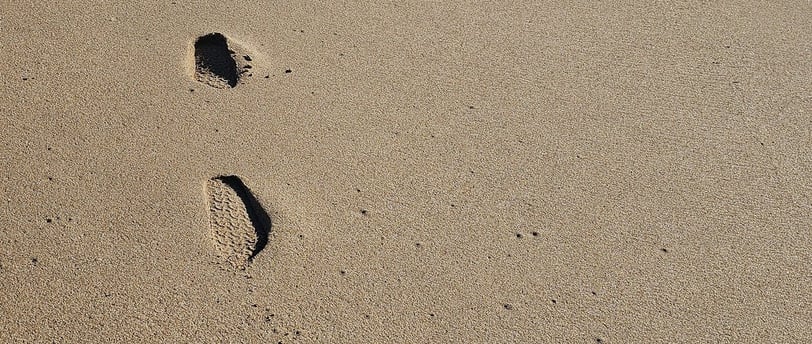Walking on the Beach
The Benefits of Walking on the Beach: Health, Fitness, and Safety Tips
FITNESS


Walking on the beach isn't just a serene and scenic activity; it offers a myriad of health benefits that make it a fantastic addition to your fitness routine. From burning calories to working out various muscle groups, here's why beach walking is an excellent choice for overall well-being, along with some safety tips to keep in mind.
Health Benefits of Beach Walking
1. Cardiovascular Health
Walking on the beach can significantly improve cardiovascular health. The effort required to walk on sand boosts heart rate, promoting better circulation and heart function.
2. Calorie Burn
Beach walking is an excellent way to burn calories. Depending on your weight and walking speed, you can burn approximately 200-300 calories per hour on firm sand, and even more on softer, dry sand due to the added resistance.
3. Muscle Engagement
The uneven surface of the sand forces your body to engage different muscles compared to walking on a flat, hard surface. Beach walking works your calves, thighs, glutes, and even your core muscles, leading to improved strength and stability.
4. Low-Impact Workout
Walking on sand is gentler on the joints than walking on concrete. The soft surface reduces the impact on your knees and ankles, making it an ideal exercise for those with joint pain or arthritis.
5. Mental Health Boost
The beach environment, with its calming waves and fresh air, can greatly enhance mental well-being. Walking by the ocean can reduce stress, improve mood, and provide a sense of relaxation and tranquility.
Precautions for Beach Walking
1. Avoid Peak Sun Hours
To protect your skin from harmful UV rays, avoid walking on the beach during peak sun hours (10 AM to 4 PM). Early morning or late afternoon walks are safer and more comfortable.
2. Wear Sunscreen
Even outside peak hours, apply a broad-spectrum sunscreen with at least SPF 30 to all exposed skin. Reapply every two hours or after swimming or sweating.
3. Stay Hydrated
Bring a bottle of water with you to stay hydrated, especially if you’re walking for an extended period. Dehydration can occur quickly in the heat, so drink plenty of fluids.
4. Proper Footwear
While barefoot walking can strengthen your feet and improve balance, consider wearing water shoes or sandals for longer walks to protect your feet from sharp objects and provide additional support.
5. Listen to Your Body
Beach walking can be more strenuous than it seems. Start with shorter distances and gradually increase as your fitness level improves. Pay attention to your body’s signals and rest if you feel any discomfort.
Walking on the beach offers a unique blend of physical and mental health benefits. By taking a few precautions, you can enjoy a safe, effective, and enjoyable workout that enhances your overall well-being. So next time you head to the beach, lace up your walking shoes (or go barefoot) and take a stroll along the shore!
